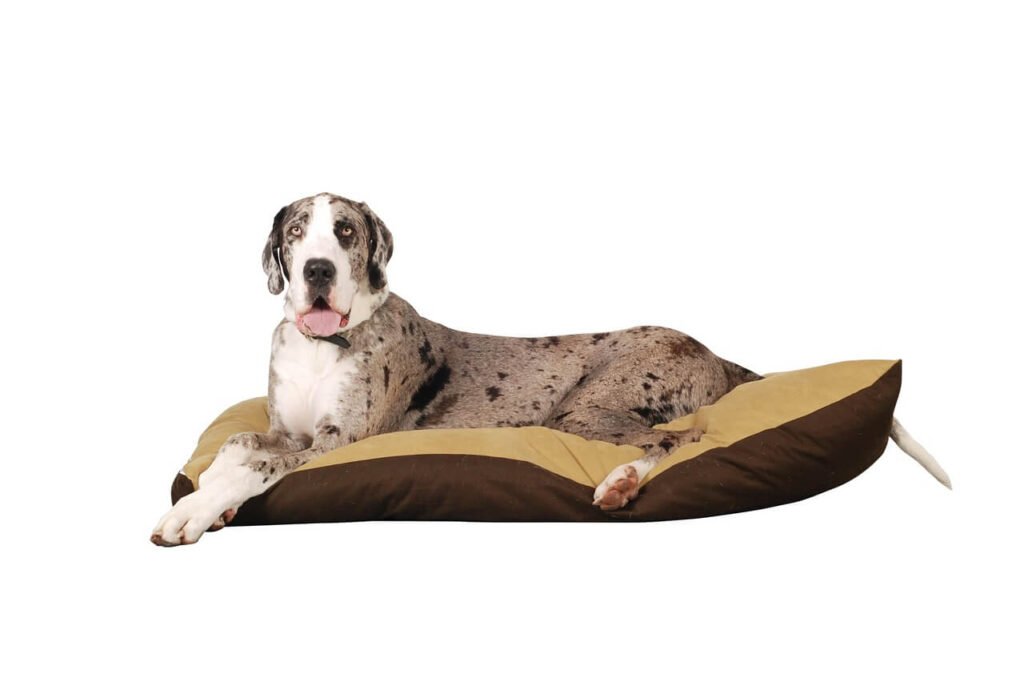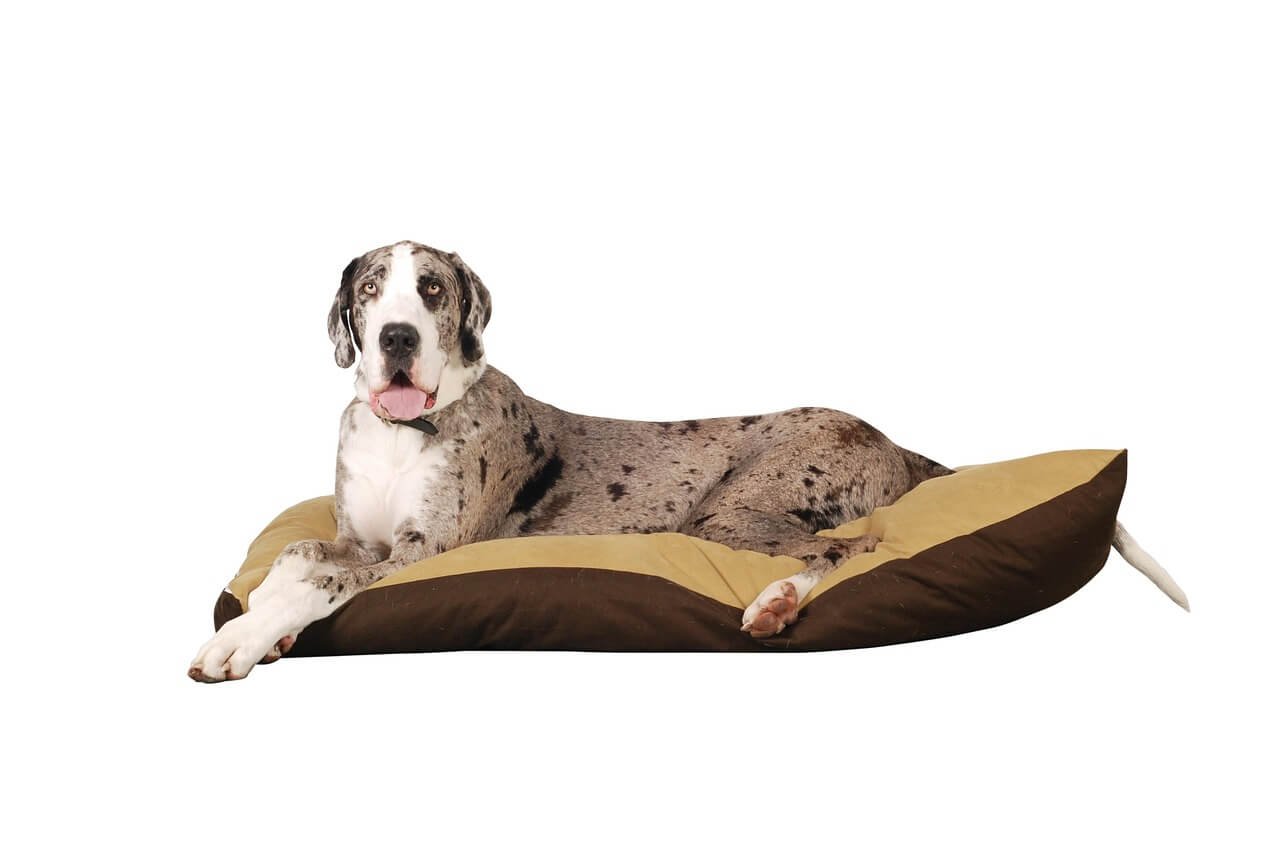How Often Should a Dog Poop? A Comprehensive Guide for Pet Owners
Every dog owner knows that keeping an eye on their pup’s bathroom habits is an important part of ensuring their health and well-being. One common question that often arises is, “How often should a dog poop?” While there’s no one-size-fits-all answer, understanding what’s normal for your dog can help you spot potential issues early. Factors like age, diet, activity level, and breed all play a role in determining how frequently your dog needs to relieve themselves.
In this blog post, we’ll explore the typical range of bowel movements for dogs, signs of healthy poop, and what to do if something seems off. By the end, you’ll have a clearer understanding of your dog’s digestive health and how to keep it in check.
Factors That Influence How Often a Dog Poops
Several factors can affect how frequently your dog poops. Understanding these variables will help you determine what’s normal for your furry friend. Here are some key influences:
Age:
Puppies tend to poop more frequently than adult dogs due to their faster metabolism and developing digestive systems.Diet:
The type of food your dog eats—whether it’s high in fiber, protein, or carbohydrates—can impact how often they need to go.Activity Level:
Active dogs may digest food more quickly, leading to more frequent bowel movements compared to less active pups.Breed and Size:
Smaller breeds often have faster metabolisms, which can result in more frequent pooping, while larger breeds may go less often.Health Conditions:
Issues like gastrointestinal disorders, parasites, or food intolerances can alter the frequency and consistency of your dog’s poop.
By considering these factors, you can better gauge whether your dog’s bathroom habits fall within a healthy range or if further investigation is needed.
What Is Considered Normal for a Dog’s Poop Frequency?
While every dog is unique, there are general guidelines for how often a dog should poop. Here’s what’s typically considered normal:
Once or Twice Daily:
Most healthy adult dogs poop once or twice a day, depending on their diet and lifestyle.After Meals:
Many dogs will poop shortly after eating, thanks to their natural digestive rhythms.Consistency Matters:
Regularity is key—even if your dog doesn’t poop daily, as long as their stool is firm and consistent, it’s usually fine.Puppies Poop More:
Puppies often need to poop after every meal or snack due to their developing digestive systems.Senior Dogs May Slow Down:
Older dogs might poop less frequently as their metabolism slows with age.
If your dog’s poop frequency aligns with these patterns and their stool appears healthy, you likely have nothing to worry about.
Check this guide 👉Why Is My Dog Pooping in the House? Best 7 Expert Tips!
Check this guide 👉Dog Poop Encased in Membrane: Best 7 Expert Tips!
Check this guide 👉Yellow Mucus in Dog Poop: Best 7 Expert Tips!

Signs of Healthy Poop | Signs of Unhealthy Poop |
|---|---|
Firm and log-shaped | Runny or watery consistency |
Medium to dark brown color | Bright red, black, or pale stools |
Consistent size and shape | Presence of mucus or blood |
No strong or unusual odor | Excessively foul-smelling |
Passed easily without straining | Difficulty passing stool or straining |
How to Maintain Your Dog’s Digestive Health
Keeping your dog’s digestive system in good shape is essential for their overall health. Here are some tips to ensure your dog stays regular and comfortable:
Feed a Balanced Diet:
Provide high-quality dog food that meets their nutritional needs and avoids unnecessary fillers.Include Fiber-Rich Foods:
Adding pumpkin or sweet potatoes can promote healthy digestion and regulate bowel movements.Keep Them Hydrated:
Ensure your dog has access to fresh water at all times to prevent dehydration and constipation.Maintain a Routine:
Stick to a consistent feeding and walking schedule to help regulate their digestive system.Monitor Their Weight:
Obesity can lead to digestive issues, so keep an eye on your dog’s weight and adjust their diet as needed.
By following these tips, you can support your dog’s digestive health and reduce the risk of irregularities.
When to Be Concerned About Your Dog’s Poop Habits
While occasional variations in poop frequency or appearance are normal, certain signs warrant a closer look. Here’s when you should consult your veterinarian:
Diarrhea Lasting More Than 24 Hours:
Persistent diarrhea can lead to dehydration and may indicate an underlying issue.Blood or Mucus in Stool:
These can be signs of infection, parasites, or other serious conditions.Constipation for Several Days:
If your dog hasn’t pooped in over two days, it could signal a blockage or dietary problem.Sudden Changes in Frequency:
A drastic increase or decrease in bowel movements may point to digestive distress.Excessive Straining or Whining:
This could indicate pain or discomfort during elimination, requiring immediate attention.
Being vigilant about these warning signs can help you catch potential problems early and ensure your dog gets the care they need.
Signs Your Dog’s Poop Habits Are Healthy
Understanding what healthy poop habits look like can help you ensure your dog is in good digestive health. Here are some positive signs to watch for:
Consistent Daily Routine:
Your dog poops at roughly the same times each day, indicating a stable digestive system.Firm but Not Hard Stools:
Healthy poop should hold its shape without being overly hard or dry.No Excessive Straining:
Your dog should be able to pass stool easily without signs of discomfort.Normal Odor Levels:
While poop will always have some smell, excessively foul odors could indicate dietary issues.Regular Bowel Movements After Meals:
Many dogs poop shortly after eating, which is a sign of a healthy digestive rhythm.
If these signs are present, your dog’s poop habits are likely normal and healthy.
Common Mistakes Pet Owners Make When Monitoring Poop
While keeping an eye on your dog’s poop is important, there are common mistakes pet owners make that could lead to misunderstandings. Avoid these pitfalls to better assess your dog’s health:
Ignoring Changes in Color:
Dismissing unusual colors like black, red, or pale stools can delay identifying serious issues.Overlooking Frequency Shifts:
Assuming a sudden increase or decrease in poop frequency is harmless can mask underlying problems.Not Considering Diet Impact:
Failing to connect dietary changes with poop variations can prevent finding solutions.Skipping Vet Visits for Minor Issues:
Waiting too long to consult a vet for persistent diarrhea or constipation can worsen the condition.Relying Solely on Online Advice:
Self-diagnosing based on internet searches may lead to incorrect conclusions about your dog’s health.
By avoiding these mistakes, you’ll be better equipped to monitor your dog’s digestive health effectively.
Tips for Addressing Irregular Poop Habits
If your dog’s poop habits seem irregular, there are steps you can take to address the issue before consulting a vet. Here are some helpful tips:
Adjust Their Diet Gradually:
Introduce new foods slowly to avoid upsetting their stomach and monitor how they respond.Increase Physical Activity:
Regular exercise can stimulate digestion and help regulate bowel movements.Add Probiotics:
Probiotic supplements or foods like plain yogurt can promote gut health and improve digestion.Limit Treats and Table Scraps:
Too many treats or human foods can disrupt your dog’s digestive balance.Keep a Poop Diary:
Track your dog’s poop frequency, consistency, and any changes to share with your vet if needed.
These simple adjustments can often resolve minor irregularities and help restore your dog’s digestive health.
Frequently Asked Questions About Dog Poop
Is it normal for a dog to poop three times a day?
Yes, for some dogs, especially smaller breeds or puppies, pooping three times a day can be normal.
What does it mean if my dog’s poop is green?
Green poop may indicate dietary changes, grass consumption, or a gastrointestinal issue.
Can stress affect a dog’s poop frequency?
Absolutely! Stress, anxiety, or changes in routine can disrupt your dog’s digestive system.
How can I tell if my dog is constipated?
Signs include straining, hard stools, lack of bowel movements for over two days, and discomfort.
Should I change my dog’s diet if they’re pooping too much?
Consult your vet first, but adjusting their diet may help regulate their bowel movements.
Final Thoughts: Understanding Your Dog’s Poop Patterns
Monitoring how often your dog poops is an important aspect of being a responsible pet owner. While most dogs poop once or twice a day, individual variations are normal and influenced by factors like age, diet, and activity level. By paying attention to the signs of healthy poop and recognizing when something seems off, you can ensure your dog stays happy and healthy. Remember, any significant changes in frequency or consistency should prompt a visit to the vet. With proper care, a balanced diet, and regular exercise, you can support your dog’s digestive health and enjoy peace of mind knowing they’re thriving.
Do Cats Have Taste Buds? Best 7 Expert Tips! – Discover how cats experience flavors and why their taste is so unique.
Do Dogs Have Taste Buds? Best 7 Expert Tips! – Discover how dogs experience taste, their preferences, and what it means for their diet and health.
Can Cats Taste Sweet? Best 7 Expert Tips! – Discover why cats can’t taste sweetness, how it affects their diet, and tips to keep them healthy and happy.
Can Dogs Taste Sweet? Best 7 Expert Tips! – Discover how dogs perceive sweetness, which foods are safe, and tips to manage their sweet cravings responsibly.





